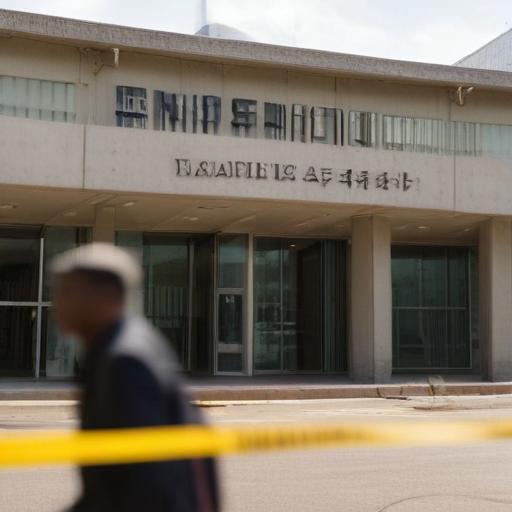The US Embassy in India has issued a crucial warning to foreign nationals regarding the significant risks associated with overstaying their visas in the United States. On Saturday, the embassy took to social media to emphasize that remaining in the US beyond the permitted timeline could lead to deportation and a permanent prohibition on future travel to the country.
The duration of a visitor’s stay is typically stated on the I-94 form, which is issued upon entry into the US. The embassy highlighted that even a minor overstay could result in severe legal consequences, potentially jeopardizing long-term goals such as education, employment, or family reunification in the US.
For individuals experiencing unexpected delays that prevent timely departure, the embassy urged contacting the United States Citizenship and Immigration Services (USCIS) promptly. They have suggested seeking legal avenues to extend one’s stay without incurring penalties.
In a related context, the recent announcement from a federal appeals court blocking a Trump-era deportation policy, which enabled the US to send migrants to third countries without prior warning or the chance to claim protection, underscores the ongoing changes within immigration regulations.
Moreover, Secretary of Homeland Security Kristi Noem reminded foreign nationals who have been in the US for more than 30 days of their obligation to register under the Alien Registration Act by April 11. Failure to do so can lead to criminal charges, including fines and imprisonment.
On a different note, USCIS data revealed a significant 27% decrease in H-1B work visa registrations for Fiscal Year 2026, dropping from 470,342 in FY 2025 to 343,981. This decline is attributed to increased application fees, as the cost of filing for an H-1B registration jumped from $10 to $215 under new regulations instituted by the Biden Administration.
This combination of warnings and updated statistics paints a complex picture of the current immigration landscape, highlighting both the challenges and the regulatory nuances faced by foreign nationals in the US.
